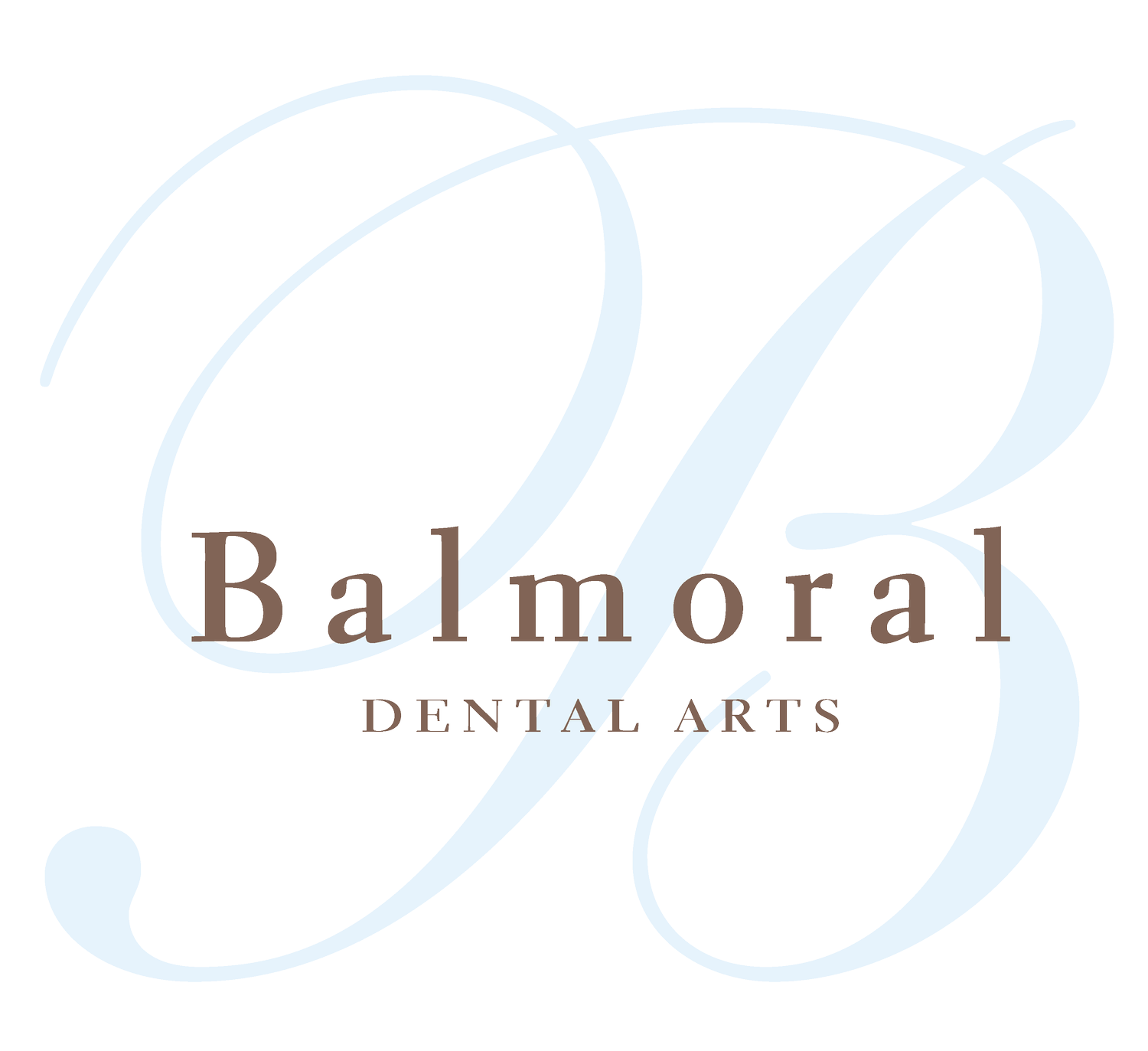
TMD Therapy
A Joint Effort
That ‘snap crackle and pop’ you’re hearing? It may not be coming from your crispy cereal, but from you.
TMD, short for temporomandibular disorder, is a common condition resulting from a misalignment of the teeth, the upper and lower jaws or, in some cases, the temporomandibular jaw joints themselves. One of the most complex joints in your body, the temporomandibular joint articulates from side to side, as well as backward and forward.
Your teeth, jaw and surrounding muscles are all designed to work in harmony, and your teeth should all come together simultaneously. When teeth are missing or out of alignment, the jaw is forced to shift position, and the muscles work harder than they should to bring the teeth together. The constant strain on the muscles can also pull the disc that cushions the jaw joint out of position. If this happens, the bones of the jaw joint can rub against each other, not only causing pain but also damaging the joint.
TMD is associated with a variety of painful symptoms and discomfort which are often mistaken for our problems. Common symptoms are many and can include:
clicking, popping or grating sound when you open or close your mouth or chew
headaches and migraines
muscle pain in your jaw, neck, face or shoulders, and around the ear when you chew, speak or open your mouth wide
swelling on the side of your face
tingling or numbness in the jaw or face
trouble opening or closing your mouth
toothaches
jaw that locks in the open- or closed-mouth position
pain or ringing in the ears (tinnitus)
dizziness
The exact cause of TMD is often unknown. For some, the symptoms clear up on their own. For others, the condition is chronic. Trauma, such as a car crash, emotional stress, clenching and grinding teeth, even arthritis, can all be contributing factors. And women appear to be more susceptible.
As a partner in your oral well-being, we can perform several examinations to determine if you have TMD. Treatments that may be applicable include:
prescription medications for pain, swelling and muscle relaxing of the jaw
a plastic splint mouth guard, which you wear during sleep, that prevents your upper and lower teeth from touching to lessen clenching and grinding
dental work to balance the biting surface of your teeth or correct a bite problem caused, for instance, by missing teeth
counseling to discuss alternative therapies that you yourself can do for temporary relief

